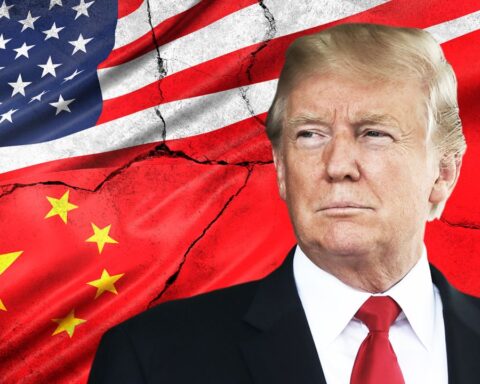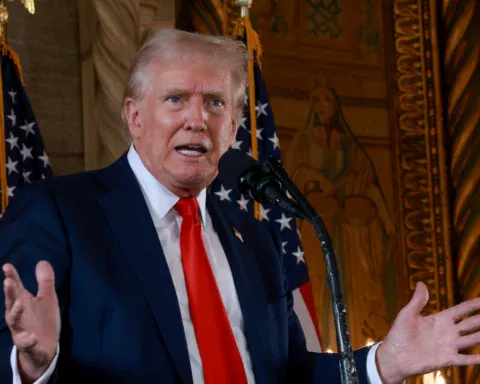The way President Joe Biden handles U.S. relations with China will be closely watched and judged.
In the early going, the president seems to want to stay on a course framed by the recognition that we are once more in an era of great-power competition. For that, the Biden team should be praised. However, it’s what the administration does in the weeks and months to come that will determine whether history awards them horns or halos.
One important matter already hanging in the air is whether the dealings between U.S. colleges and universities and their Confucius Institutes— Chinese-funded “cultural centers” that reside on campus—will be made public. Already, it is proving a test of Biden’s bid to be tougher on China than the famously accommodating Obama administration.
Before we get into that, let’s review the stuff that has gone well.
On his first day in office, the new Secretary of State, Anthony Blinken, adopted the determination made by his predecessor that China is engaged in genocide against its Uighur population. The Chinese government is herding this Muslim Turkic minority into concentration camps by the millions in order to “Sinicize” them—that is, reshape and subjugate their culture and Muslim faith in ways convenient to the Chinese Communist Party.
The administration has also sent all the right signals on Taiwan policy. Taiwan’s de facto ambassador to the United States attended Biden’s inauguration, the first time that has happened since the United States formally switched diplomatic recognition from Taiwan to China. A couple of weeks later, Biden prioritized American concerns about Taiwan’s security directly with Xi Jinping in their first phone call since the election. And the Biden State Department advertised a meeting there between its Acting Assistant Secretary for East Asian and Pacific Affairs and the Taiwanese “ambassador”—a convention adopted by the Trump administration that should not be taken for granted. So far so good. In Washington, there is more of a consensus on China than on many other issues. This means that, in dealing with Beijing, Biden does not have to abase himself, as he does on many domestic matters, to the baying Hard Left of his own party.
But then comes the matter of the Confucius Institutes.
Last week, Biden’s third in the Oval Office, it appeared that he was tossing out yet another Trump administration proposal, this one officially known as “Establishing Requirement for Student and Exchange Visitor Program Certified Schools to Disclose Agreements with Confucius Institutes and Classrooms.” That rule, proposed on the last day of 2020, would have forced American educational institutions that host a Confucius Institute to reveal what is in the contract between them. The rule was intended to bring transparency to these arrangements, allowing all to see whether, in exchange for huge sums of money the Institutes bring to our campuses, China demands that university professors not mention the three T’s: Taiwan’s independence, Tibet’s subjugation, or Tiananmen Square, where the Communist Party massacred thousands of pro-democracy protesters in 1989. Other potentially “off the table” topics now include the ongoing Uighur genocide and Beijing’s increasing repression of Hong Kong.
The proposed Trump rule was welcomed by those inside the Department of Homeland Security. There was consternation, therefore, when U.S. Immigration and Customs Enforcement told the Washington Examiner that “ICE can confirm that the rule was withdrawn on Jan. 26. ICE does not speculate about future pre-decisional proposed rules or policies.”
That report seemed to strike a nerve. A White House spokesman quickly told the Voice of America’s Patsy Widakuswara that “the assertion the Biden Administration withdrew the draft rule from the Federal Register is false.” The explanation was that the Trump administration had never submitted it to the Federal Register—that the proposal had gone to the Office of Management and Budget, where it “was stuck in OMB’s interagency review on Inauguration Day.” On that day, the new White House Chief of Staff Ron Klain froze all regulatory processes, as his predecessors had done, withdrawing the rule automatically.
The White House hasn’t said what it proposes to do now, but the way forward should be clear: Restore the rule, and do it quickly so there is no equivocation. The rule is about transparency and accountability, something the Biden team preached throughout the campaign and since entering the White House.






